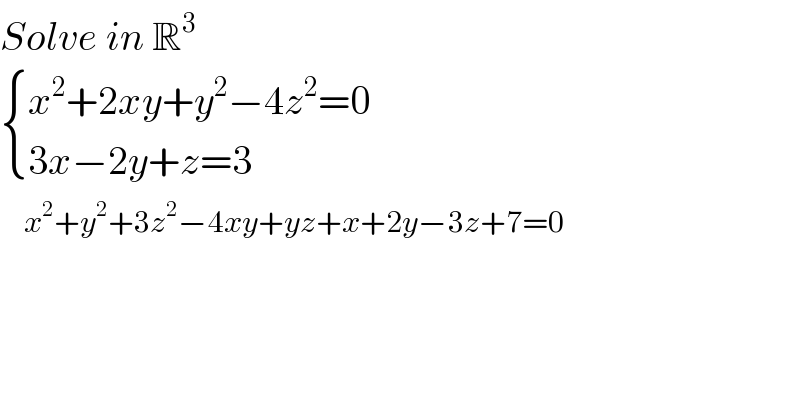
Question and Answers Forum
Question Number 107065 by mathocean1 last updated on 08/Aug/20

Answered by Her_Majesty last updated on 09/Aug/20

| ||
Question and Answers Forum | ||
Question Number 107065 by mathocean1 last updated on 08/Aug/20 | ||
 | ||
Answered by Her_Majesty last updated on 09/Aug/20 | ||
 | ||
| ||